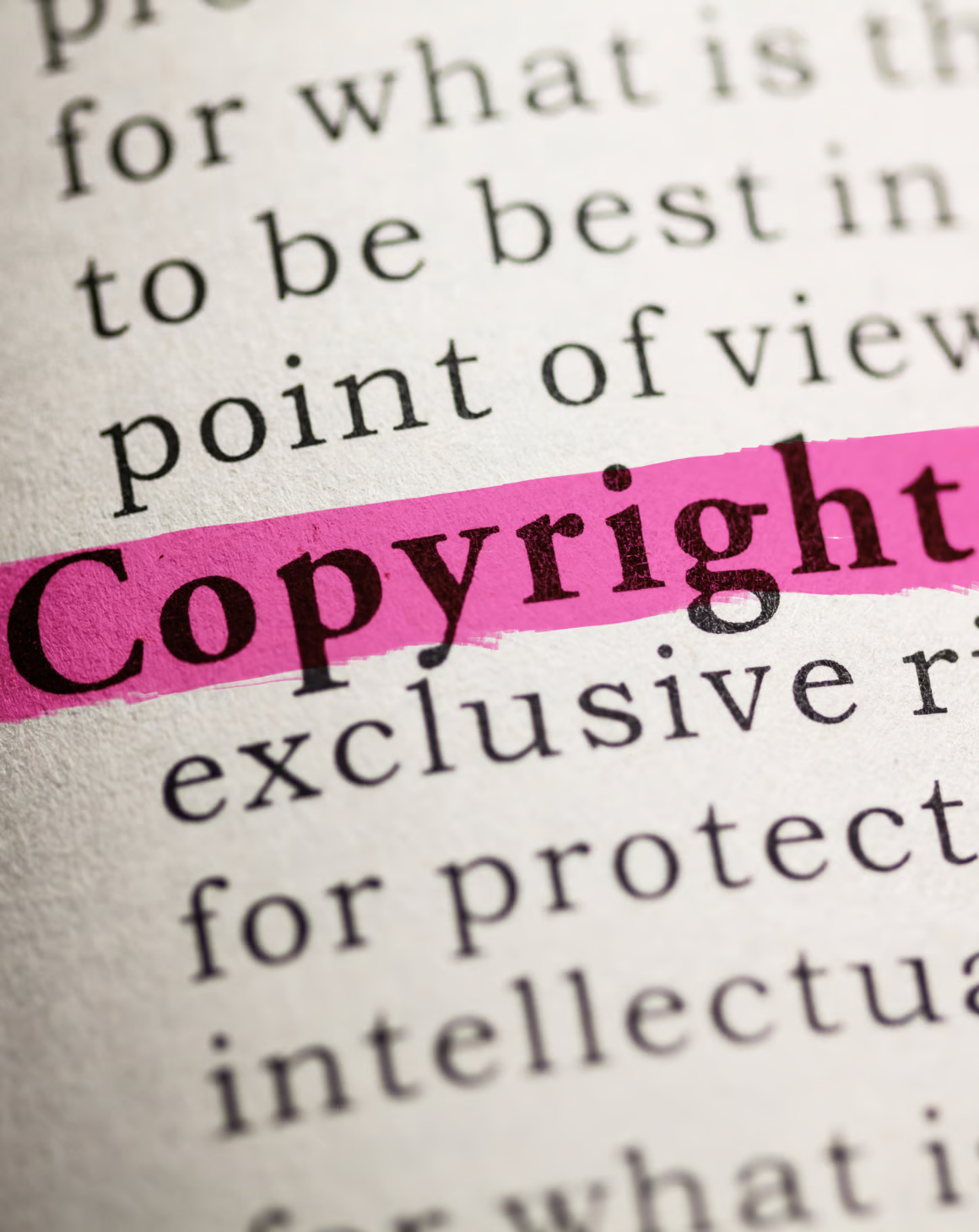Make sure to check out our first blog post in this mini-series if you missed it: Differentiating Between Trademarks and Copyrights: Enforcing a Trademark versus a Copyright.
What is The Best Way to Enforce My Trademark Online?
There’s the straightforward case and the take-a-bit-more-strategy-and-effort instances. What I mean is that sometimes sellers try to sell an entirely different product using your trademarked logo or brand name. They may be selling a curling iron and using your trademark that you own for panini grills—not okay.
In these situations, it’s simple to use the “report an infringement” form on Amazon (or the appropriate marketplace) to state that 1) Here is my trademark 2) This is how it is being misused and 3) Here is/are the listings on which the infringement is taking place. These are typically handled well by the marketplaces, and those infringing listings are removed. If someone is simply selling a different product using your trademark on their own site, a direct cease-and-desist letter to the business referencing their infringement and the consumer’s likelihood of confusion is a good start.
Remember that, while an Amazon or a Walmart may not make this differentiation, only if the misuse of the trademark is on a similar product will your claim be likely to hold up legally. If the product is in an entirely different category, it may not be worth the effort and time to address that.
Concerning those times when more strategy and forethought is needed, it boils down to the First Sale Doctrine (FSD) and overcoming that settled legal principle. I’ll keep this brief as we have dug into this concept in more detail in our earlier blog, “Where’s the Beef?” of eCommerce Brand Protection. While the FSD states that those who come into possession of a trademarked product are, as a general rule, able to resell that product, creating a proper Reseller Program that includes legitimate material differences pertaining the sales of your products is the way to circumvent the FSD. If you have these safeguards in place, you are able to communicate directly with unauthorized sellers of your products online and demand that they stop sales of your products pursuant to trademark law. This is the only permanent solution to those unauthorized (or “grey market”) sales online. At Blue Wheel, we’ve worked with many brands to establish this program and enforce their trademarks properly.
What is The Best Way to Enforce My Copyright?
While I would refer you to our prior blog on this topic, Handling Copyright Infringement in the Age of Amazon, for more “in the weeds” information, I do want to hit the high points here in order to directly compare and contrast with trademark enforcement.
In a nutshell and as a broadly applicable principle of copyright law, if you have authorized use or publication of your work—let’s say images—by another individual or company, you are not able to later come in and claim infringement.
While that seems simple and straightforward, here’s where it may get tricky: In the fine print of its seller agreement, Amazon (as well as other marketplaces) has language stating that your use or permitted use (i.e. your authorization for some 3rd-party seller to use your images) of your images on an Amazon listing constitutes your authorization for Amazon, its affiliates (i.e. Amazon warehouse, international Amazon marketplaces, etc.), and other sellers selling the same product to use those copyrighted images. If you have posted or allowed other to post your images on a marketplace, those images are now out there for the marketplace, its related entities, and other sellers to use in the sale of that product. Claiming copyright infringement wont’ work.
In contrast, if you have never posted or allowed other to post a certain copyrighted image on a marketplace, but some random seller took the image from somewhere—possibly your website—and posted it on a marketplace listing, go get ‘em! Use the “report an infringement” form to report the matter and, if you have the proper contact information, feel free to send the seller a letter as well. That seller has no right to use your photos.
Again, while a formal filing is not required, it always helps in trying to protect your copyrights.
To learn how we can customize a brand protection solution to meet your needs, schedule a consultation with our brand protection team.







.png)
.png)
.avif)